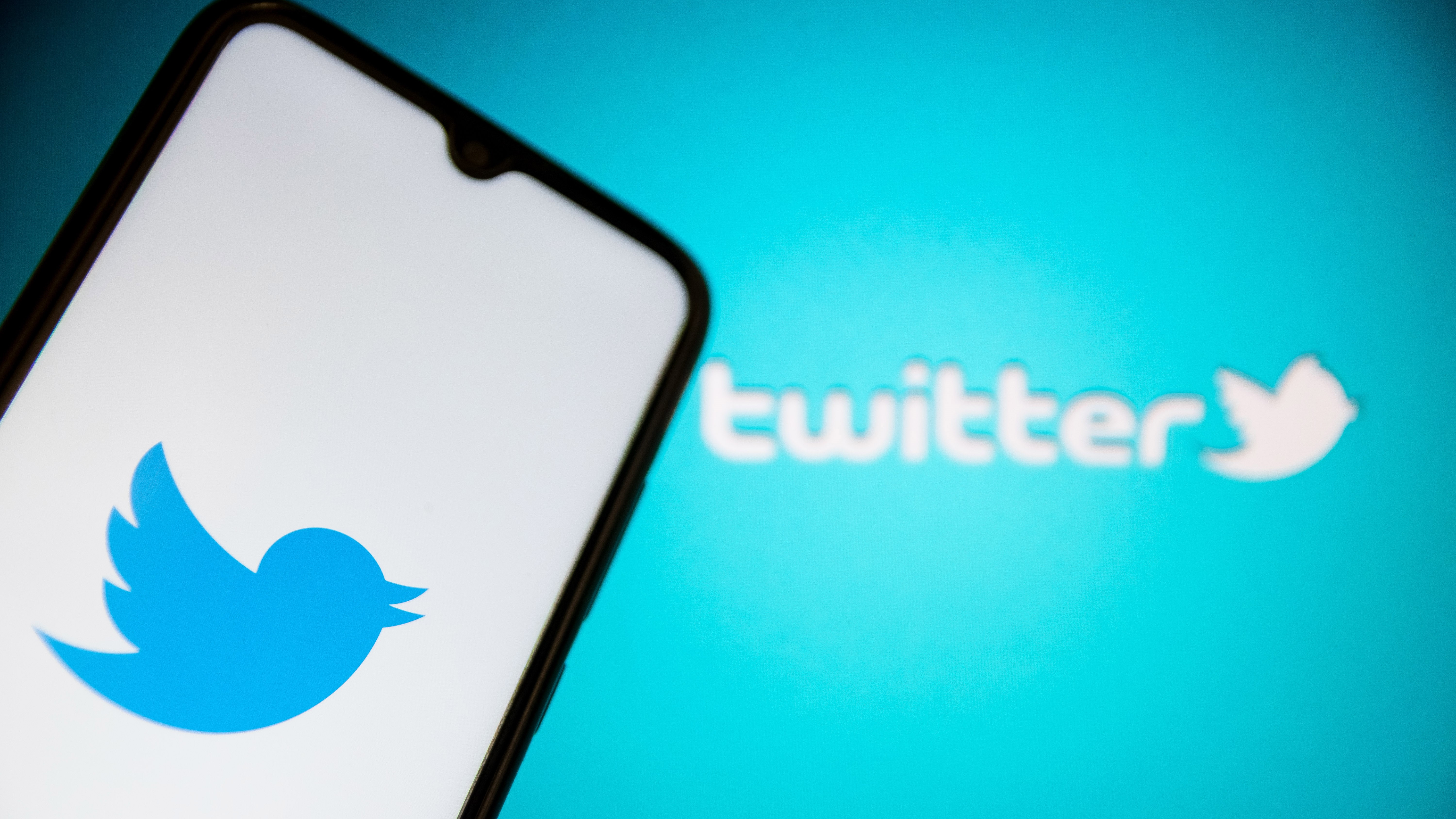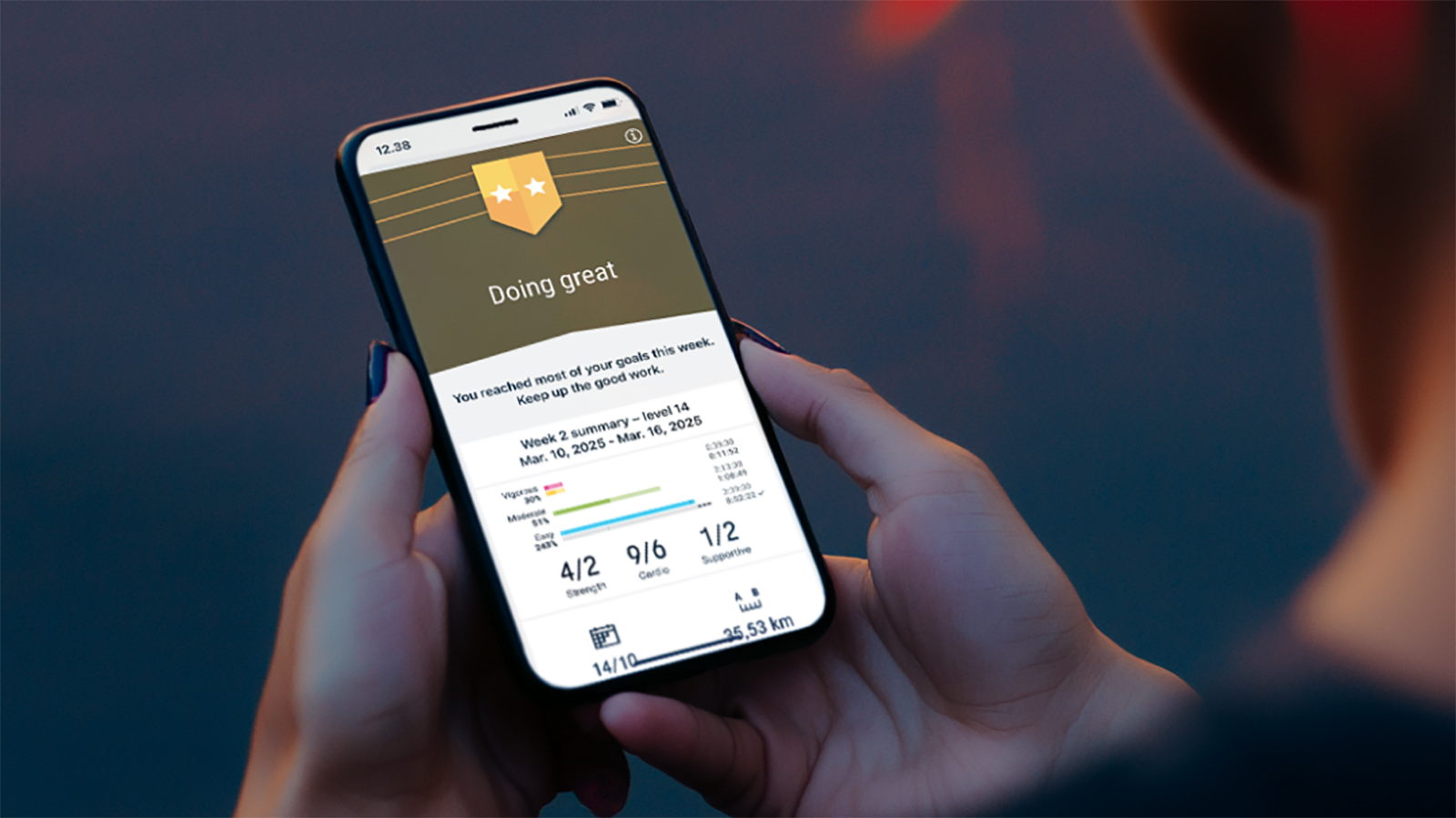

At the weekend Tweetbot, the Twitter app I’ve been using for 11 years, suddenly stopped working. So did Twitterific, the app I used before I switched to Tweetbot. And it turned out it wasn’t just me. It was all the users of those apps.
Both apps have two things in common: they helped make Twitter good, and Elon Musk appears to have killed them without warning or apology to their developers, let alone their users.
I don’t mean those apps “helped make Twitter good” in terms of them just making it nicer. Third party Twitter apps shaped the birdsite, coining terms such as “tweet”, introducing the bird icon and generally showing Twitter how to do things properly. As Twitterific developer Craig Hockenberry writes in a sweary blog post, “we literally crafted the early experience on the service. We often hear that folks joined up because of our app. Our work was definitive and groundbreaking.” And many of the apps’ users are the power users, the content creators and interesting voices that made Twitter worth spending time on. So the demise of the third party apps is a huge loss.
According to internal messages seen by The Information, cutting off third party access was no accident. Which makes it worse than if Twitter’s tech just broke and they were struggling to repair it. There is no reason why Twitter couldn’t have communicated with the developers; Musk simply decided not to.
Go your own way
This is a bigger deal than just cutting off some app developers, although that in itself is a terrible, petulant and pathetic way for a tech firm to behave. It also demonstrates that Twitter is no longer a safe space for anybody to build a business or a brand on. Something you’ve spent more than a decade building can be destroyed overnight, with no notice, simply because of the whims of a giant space baby.
The lesson here is clear: don’t depend on anything privately owned if you aren’t the owner. As useful as social networks can be for creatives and creators, for artists and influencers, you don’t own them – and that means if they fall into the hands of somebody awful, you can lose the audiences you’ve worked so hard to build. If your only online presence is a Twitter account, an Instagram feed or a Facebook page, you’re awfully exposed.
Oasis once sang “Please don’t put your life in the hands of a rock and roll band who’ll throw it all away”; replace “rock and roll band” with “billionaire man” and it's pretty good advice.
Sign up to the T3 newsletter for smarter living straight to your inbox
Get all the latest news, reviews, deals and buying guides on gorgeous tech, home and active products from the T3 experts
Writer, musician and broadcaster Carrie Marshall has been covering technology since 1998 and is particularly interested in how tech can help us live our best lives. Her CV is a who’s who of magazines, newspapers, websites and radio programmes ranging from T3, Techradar and MacFormat to the BBC, Sunday Post and People’s Friend. Carrie has written more than a dozen books, ghost-wrote two more and co-wrote seven more books and a Radio 2 documentary series; her memoir, Carrie Kills A Man, was shortlisted for the British Book Awards. When she’s not scribbling, Carrie is the singer in Glaswegian rock band Unquiet Mind (unquietmindmusic).
-
 3 overrated shoulder exercises, according to a fitness expert (and what to do instead)
3 overrated shoulder exercises, according to a fitness expert (and what to do instead)Sculpt 3D shoulders whilst minimising injury with these three alternative exercises
By Bryony Firth-Bernard Published
-
 Polar’s new subscription feature lands in the shadow of Garmin’s Connect+ rollout
Polar’s new subscription feature lands in the shadow of Garmin’s Connect+ rolloutPR genius or timing disaster? Polar’s new Fitness Programme adds adaptive training to its ecosystem
By Matt Kollat Published